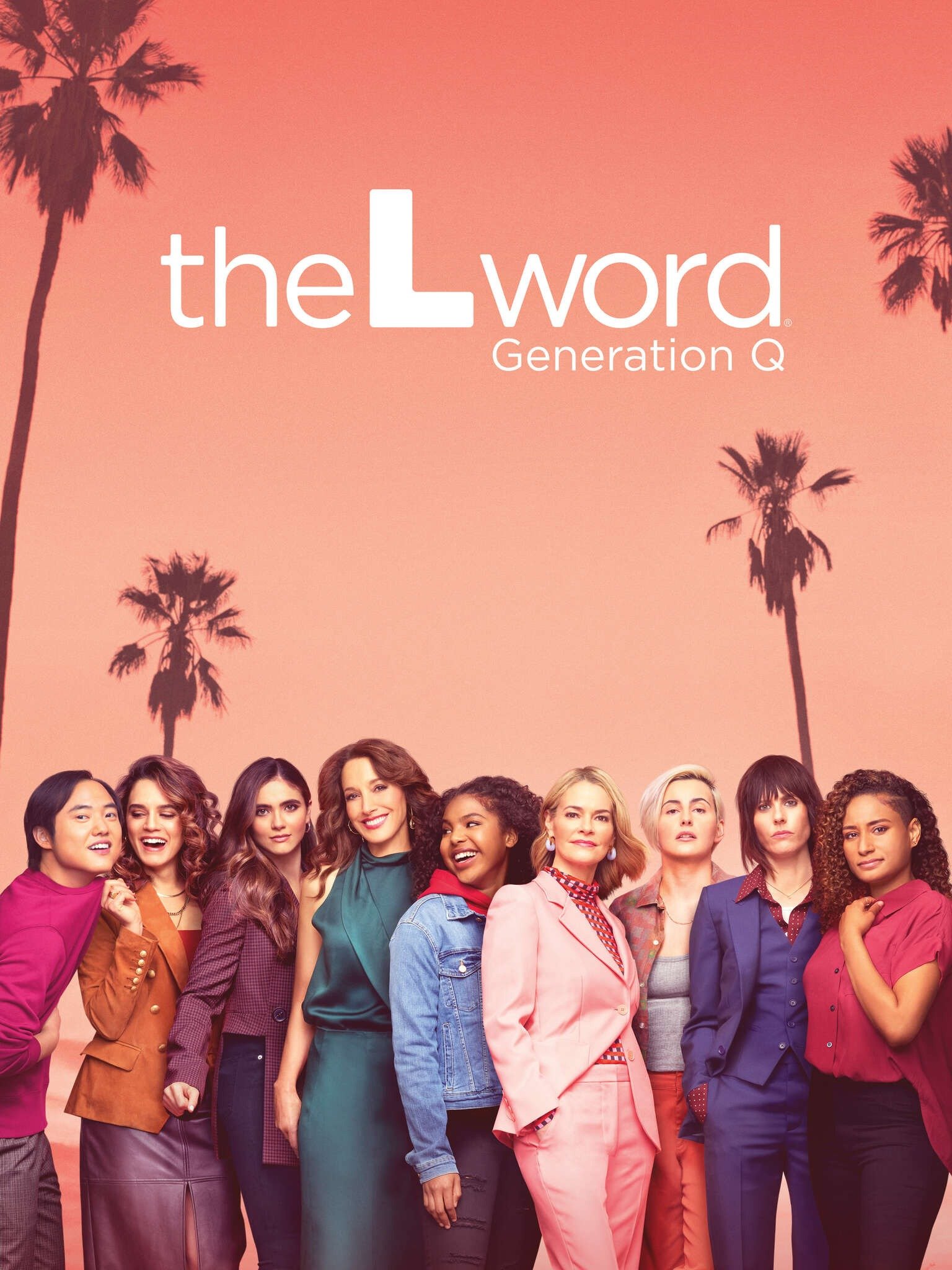Is "The L Word: Generation Q" truly representative of the LGBTQ+ community?
The highly anticipated reboot of "The L Word" premiered in 2019 with much fanfare, promising to bring a fresh and inclusive perspective to the lesbian experience. However, "Generation Q" has been met with mixed reviews, with some critics arguing that it leaves a lot to be desired in terms of representation and authenticity.
One of the main criticisms of "Generation Q" is that it focuses primarily on the experiences of white, cisgender lesbians, to the exclusion of other marginalized groups within the LGBTQ+ community. This narrow focus has been seen as a missed opportunity to showcase the diversity of the lesbian experience and to challenge stereotypes.
- Tragic Loss Remembering Mitch Terrell In Fatal Accident
- Meet Randi Wulf A Real Estate Expert In Elkhorn Wi
Another criticism is that "Generation Q" often resorts to sensationalistic storylines and over-the-top drama, which some viewers feel detracts from the show's ability to authentically portray the lives of LGBTQ+ people. The show has been accused of being more interested in creating shock value than in providing a nuanced and realistic portrayal of lesbian culture.
Despite these criticisms, "Generation Q" has also been praised for its willingness to tackle important issues facing the LGBTQ+ community, such as biphobia, transphobia, and homophobia. The show has also been credited with increasing visibility for lesbian characters on television, which is an important step towards greater acceptance and inclusion.
Ultimately, whether or not "The L Word: Generation Q" meets the expectations of viewers is a matter of personal opinion. However, it is important to have a critical discussion about the show's representation of the LGBTQ+ community and to hold it accountable for its shortcomings. By doing so, we can help to ensure that future LGBTQ+-themed media is more inclusive and authentic.
- Surprising Gavin Degraw Net Worth A Fortune Revealed
- Obituary Of The Late Miranda Riley A Life Remembered
FAQs about "The L Word
Here are some frequently asked questions about the Showtime drama series "The L Word: Generation Q," which premiered in 2019 as a sequel to the original "The L Word" series that ran from 2004 to 2009:
Question 1: Is "The L Word: Generation Q" a good show?
Answer: The critical reception to "The L Word: Generation Q" has been mixed, with some praising its willingness to tackle important issues facing the LGBTQ+ community and others criticizing its focus on white, cisgender lesbians and its sensationalistic storylines.
Question 2: Is "The L Word: Generation Q" representative of the LGBTQ+ community?
Answer: "The L Word: Generation Q" has been criticized for its narrow focus on the experiences of white, cisgender lesbians, to the exclusion of other marginalized groups within the LGBTQ+ community. However, the show has also been praised for increasing visibility for lesbian characters on television, which is an important step towards greater acceptance and inclusion.
Ultimately, whether or not "The L Word: Generation Q" meets the expectations of viewers is a matter of personal opinion. However, it is important to have a critical discussion about the show's representation of the LGBTQ+ community and to hold it accountable for its shortcomings. By doing so, we can help to ensure that future LGBTQ+-themed media is more inclusive and authentic.
Conclusion
The reboot of "The L Word" has been met with mixed reviews, with some critics arguing that it leaves a lot to be desired in terms of representation and authenticity. While the show has been praised for its willingness to tackle important issues facing the LGBTQ+ community, it has also been criticized for its narrow focus on the experiences of white, cisgender lesbians. Ultimately, whether or not "The L Word: Generation Q" meets the expectations of viewers is a matter of personal opinion. However, it is important to have a critical discussion about the show's representation of the LGBTQ+ community and to hold it accountable for its shortcomings.
By doing so, we can help to ensure that future LGBTQ+-themed media is more inclusive and authentic. This is important because LGBTQ+ people deserve to see their lives and experiences reflected in the media they consume. Representation matters, and it is essential that LGBTQ+ people are able to see themselves on screen in a way that is both accurate and respectful.
- The Perfect Pairing Delectable Delights To Complement Your Mimosas
- Jaylen Warren Named Pittsburgh Steelers Starting Running Back

